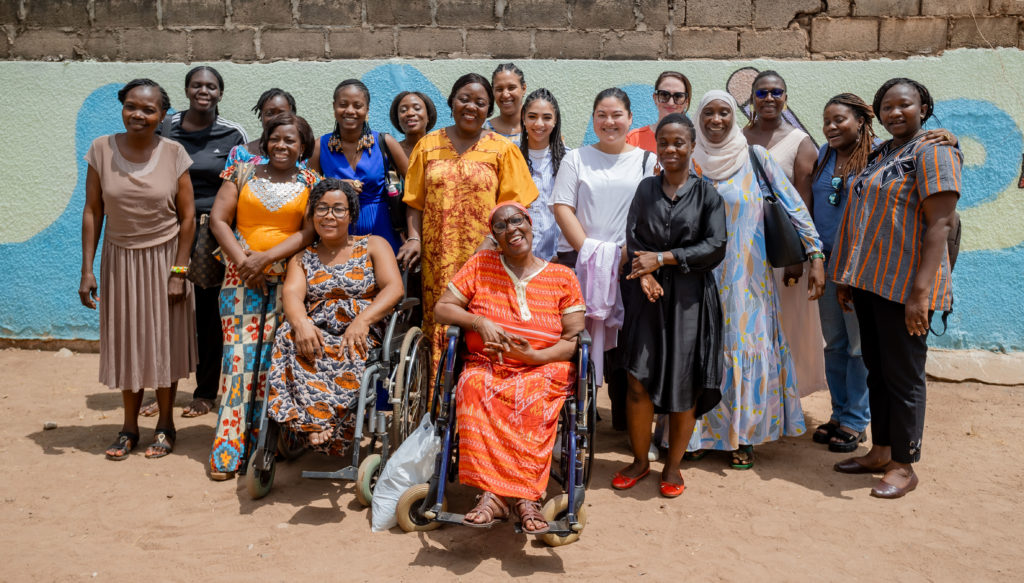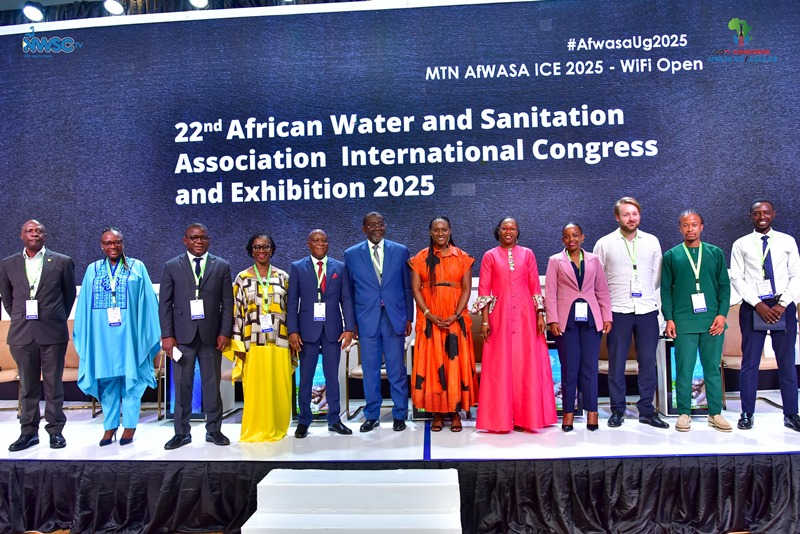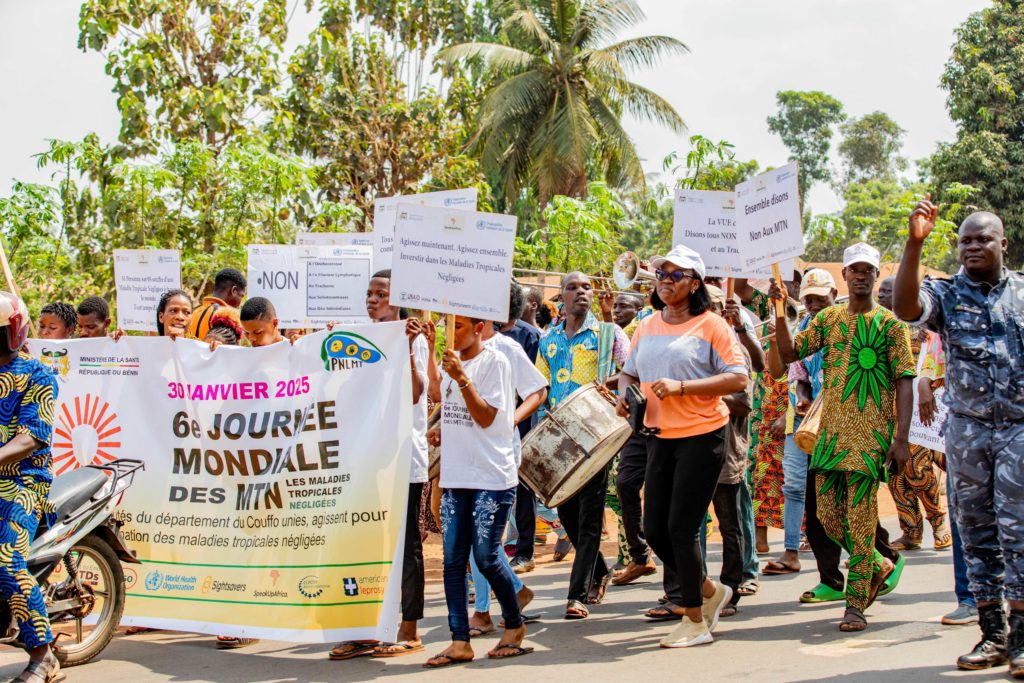Happy World Malaria Day 2017!

Football Superstar Leo Messi Joins the Fight Against Malaria in Senegal
World Malaria Day provides a perfect opportunity to reflect on the achievements of the past year and look towards future efforts in malaria control. Despite the great strides made throughout the African continent, every two minutes, a child dies from malaria. This preventable and treatable disease still takes the lives of close to half a million people each year worldwide and 90 percent of those deaths occur in Africa. This is unacceptable.
I’ve joined the global fight against malaria about 10 years ago and I’m thrilled to see the international community coming together with a single objective in mind: “End Malaria for Good”. This year’s theme provides a great testament of the current state of mind highlighting the crucial importance of collective action to achieve our malaria control and elimination goal.
One of the best ways to stop these unnecessary deaths is to use insecticide-treated mosquito nets, which have been proven to reduce the incidence of malaria by up to 95 percent in certain regions. But first, we need to ensure that people at-risk know about the importance of mosquito nets and are able to access them.
With help from Aspire Academy and the Leo Messi Foundation, Speak Up Africa and Senegal’s National Malaria Control Program designed and implemented the Football Combating Malaria (FCM) campaign. The campaign was created to provide lifesaving mosquito nets to hundreds of thousands of children in Senegal and raise awareness about how to prevent and treat the disease. It also works to place supervisors and volunteers in targeted villages to spread anti-malaria messages and ensure the proper use of the mosquito nets.
We capitalized on the popularity and influence of Lionel Messi, a five-time Ballon d’Or winner and a beloved sports figure throughout the world. In addition to serving as an ambassador for the importance of malaria awareness and prevention, Messi agreed to have more than 70,000 insecticide-treated mosquito nets bearing his image produced and distributed to elementary school children throughout the country.
FCM illustrates our profound belief that having effective supervisors in communities who actively engage with community members is essential to success. The campaign therefore developed a profile to aid in the process of recruiting qualified individuals who can make a real difference for people at risk. All supervisors were chosen based on a defined set of criteria. They must have recognition within their community, solid social work experience in these communities, and a commitment to volunteerism. The supervisors received intensive training, and then passed that knowledge on to four change agents within their community.
Also built into the program are monitoring and evaluation plans, census information about the number of nets being used in each household, technical assistance provided by district health teams, and an electronic reporting system.
In 2015, there were at total of 1,850 community supervisors and change agents pledged and fully prepared to bring awareness and information about how to fight malaria in Senegal. Together, they organized more than 340,000 house visits and more than 4,000 social mobilization activities across 14 regions of Senegal. In all, 2 million people were reached through these visits and activities.
The FCM campaign comes at a time when Senegal has already made tremendous gains in its efforts to combat malaria. Incidence of the disease has decreased by over 60 percent from 2009 to 2016, thanks to the implementation of proven strategies such as the use of mosquito nets. But with so many children and adults still dying of the disease, and so many communities still grappling with the economic insecurity it has wrought, we must keep up the fight.
We believe that with increased awareness in communities across the nation and sustained focus and commitment on the part of government officials, organizations, donors and champions such as Leo Messi, malaria elimination will be achieved in our lifetime.
Yacine Djibo


